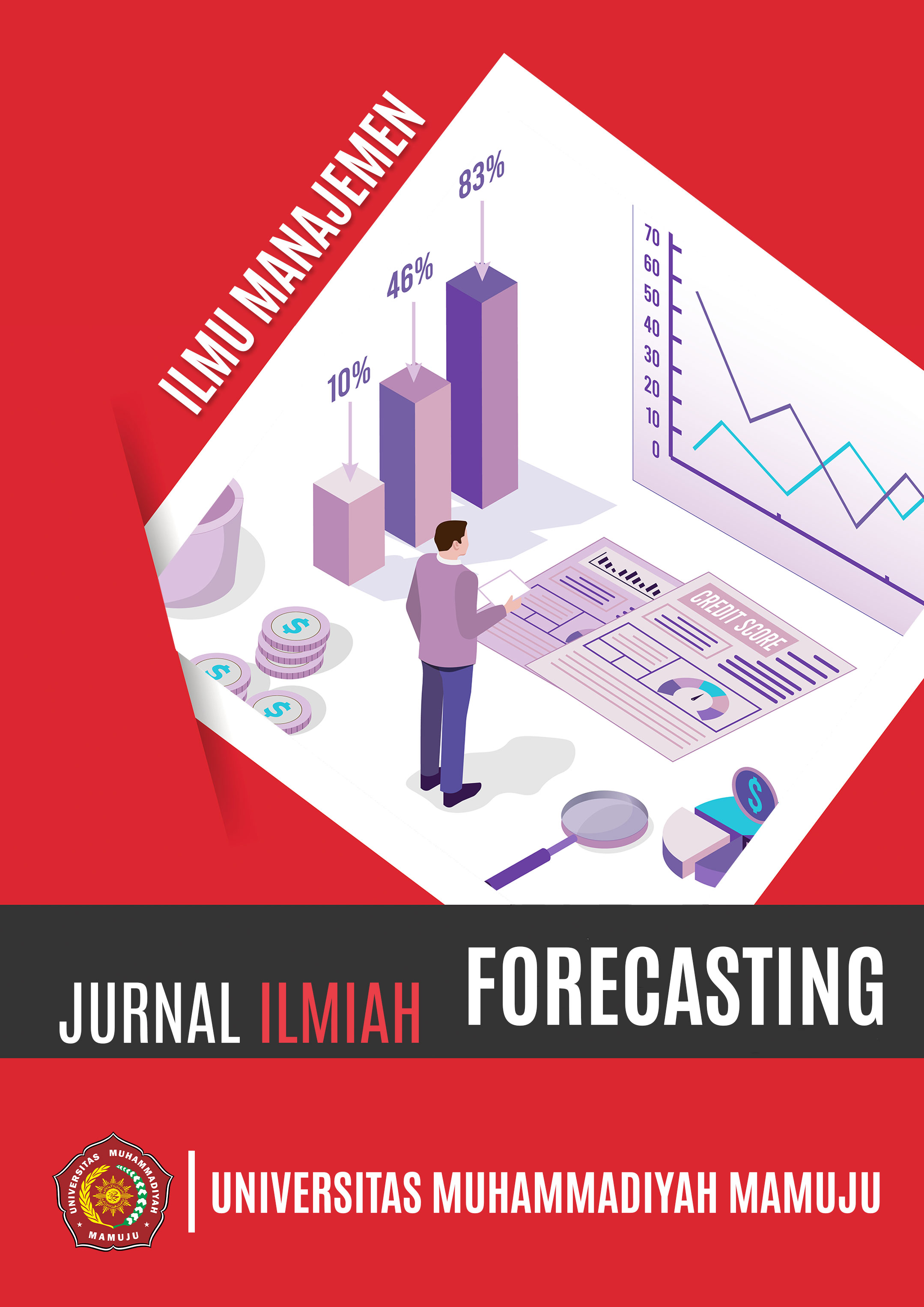Implementasi Fleksibel Working Space pada Kantor Pelayanan Kekayaan Negara dan Lelang Padangsidimpuan Tahun 2023
Keywords:
Implementation, Service, AuctionAbstract
Flexible Working Space (FWS) is a regulation of employee work patterns that maximizes information and communication technology to increase and maintain employee productivity and ensures the continuity of task implementation by providing flexibility in work locations during certain periods. The Flexible Working Space Policy (FWS) is an important breakthrough about how the new normal works after the covid-19 pandemic. This policy aims to maintain the continuity of the implementation of tasks, functions and services in realizing an adaptive, digital-based and integrity Ministry of Finance, increasing organizational productivity and performance as well as balancing employee roles between work and life (work-life-balance). The purpose of this study is to know and analyze the feasibility of the FWS policy at the Padangsidimpuan State Assets and Auction Service Office which is a vertical unit of the Directorate General of State Assets, Ministry of Finance. This study uses a descriptive research approach (survey research), namely making a description of a situation or event that merely accumulates basic data in a descriptive way. The results of this study conclude that the Flexible Working Space (FWS) policy can be implemented within the scope of the Padangsidimpuan State Property and Auction Service Office.

Downloads
Published
Issue
Section
License
Forecasting: Jurnal Ilmiah Ilmu Manajemen

